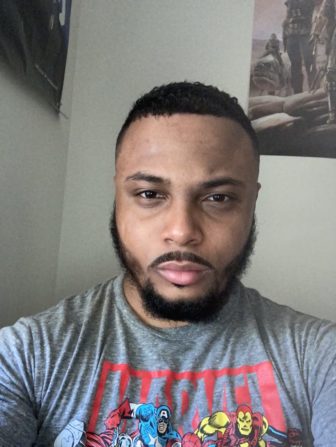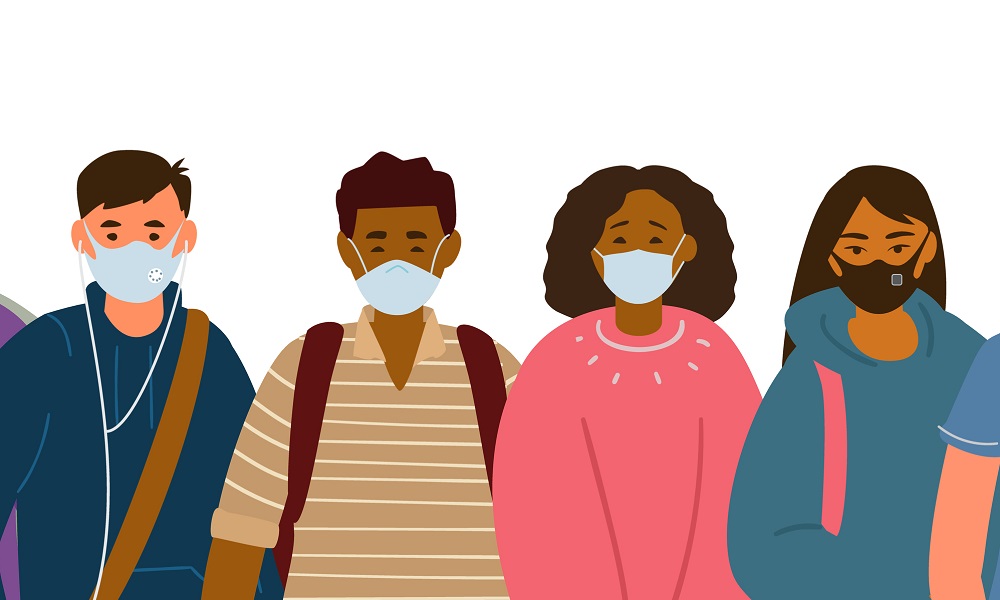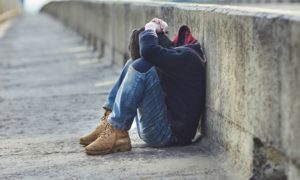Protections that foster youth like me fought for to safeguard us during the pandemic will disappear today, September 30, if our representatives in Washington D.C. don’t act. Thousands will lose financial and school support they still need, and many will age out of foster care and face the threat of homelessness. That’s why Congress must extend the Supporting Foster Youth and Families Through the Pandemic Act.
Last summer, I wrote about the impact of the COVID-19 pandemic on young people like myself who have been in foster care or were on the verge of aging out. Where would they go? Who would help them? And how would they survive in a global pandemic that locked the world inside if they aged out onto the streets?
The pandemic only added to many fostered youth’s chaotic realities, which worsened with social distancing, school closures and lay-offs. I called on our elected officials to enact a moratorium on aging out — a law that prevents young people from being discharged from foster care after they reach the legal age limit, which is 21 in New York, during the pandemic. I also asked our leaders to work hard to support vulnerable young people during the coronavirus crisis.
To my surprise, it was a success. Late last year, Congress passed the Supporting Foster Youth and Families Through the Pandemic Act, which lets young people stay in foster care a little longer after they’ve reached the age limit so that they have safe housing, ongoing case management, and planning support for the transition to independence. The law also provided them with additional financial assistance, emergency cash and increased help for school and vocational training.
But now, the federal protections against hunger and homelessness will come to a very disheartening end when the law expires. As many as 20,000 young people may lose the ability to stay in foster care or get emergency cash across the U.S.
We can’t let that happen. Our leaders in Washington, D.C. must work fast to extend these protections before time runs out on young people like me.
As terrible as the pandemic is, think about how foster youth are handling it. Many of us don’t have the family and social connections to easily find employment, even when we have the credentials. We are more likely to have had disruptions in school and to have moved around a lot. This makes finding a job much harder for us compared to someone who has not been involved in the system. Many of us are struggling to pay rent, buy groceries or cover school costs.

Courtesy of Justin Mercado
Justin Mercado, 20, is a Youth Advocate with Children’s Defense Fund-New York.
There is also the delta variant of the coronavirus, which is more than twice as infectious as the original, and may lead to more severe illness in unvaccinated individuals, according to the Centers for Disease Control and Prevention.
The delta variant is affecting young people and hitting hard in Black and Latinx communities where many former foster youth live and where vaccination rates are low. Many people in my community don’t want to get the shot due to negative influences from the media and other sources that deter them from trusting the vaccine. Older youth leaving foster care not only have to face the threat of homelessness, hunger, sickness, lack of opportunity, disrupted schooling, and mental health challenges, but also a highly contagious new strain of COVID-19. If Congress doesn’t step in to extend this legislation, many young people will suffer.
Last year, I wrote about how the combination of COVID-19 and the uprisings following the murder of George Floyd at the hands of police demonstrated the long-standing divide between Black and brown communities and our white counterparts. Those who stand in the way of confronting this racism have been revealing the cards of a losing game. Attending college in upstate New York, I experienced this racism first hand. As a former foster youth, I know what it’s like to be treated like an outsider, to live in a place you can’t call home, and to be viewed as less than. What this last year has taught me about resilience is something I carry with me, but it shouldn’t be so hard.
Older youth who are leaving foster care, or living in our communities with that history, need more support to survive and thrive. On September 30th, the promise that our lawmakers in Washington, D.C. made to us — to help support us during this crisis — will evaporate. But this crisis isn’t over for me, or for thousands like me. Our leaders need to act now.
Justin Mercado is 20 years old and is enrolled at Niagara County Community College. He is also a Youth Advocate with Children’s Defense Fund-New York.
































